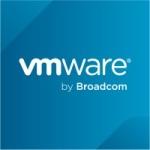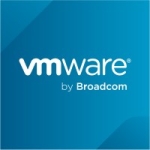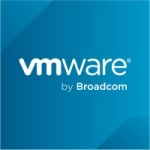I recommend Azure Stack 100% for hybrid cases, dev & test, banking, financial (banking, insurance) , healthcare, public sector.
Also, The assessments include the following standards:
•PCI-DSS addresses the payment card industry.
•CSA Cloud Control Matrix is a comprehensive mapping across multiple standards, including FedRAMP Moderate, ISO27001, HIPAA, HITRUST, ITAR, NIST SP800-53, and others.
•FedRAMP High for government customers.
The compliance documentation can be found on the Microsoft Service Trust Portal. The compliance guides are a protected resource and require you to sign in with your Azure cloud service credentials.
The main pillars, on which Binbox is now developing, are Cloud Solutions (public, private and hybrid Cloud) using Azure and our DataCenters (built on state-of-the-art technology), Microsoft 365 and Binbox Managed Services (including 24/7/365 support). These being said, the Azure stack has come to complete our service portfolio like a glove.
The most valuable features that make Azure Stack different are low latency (<9 ms, high performance), data sovereignty, cloud readiness, public Azure features in the private cloud. Considering all the features, the quality of service / price ratio is superior compared to any cloud option.
It would be great when Microsoft will enable WDI, AI and Cognitive Services in Azure Stack.
Binbox Global Services has been using Azure Stack since 2018 when we deployed the first Azure Stack in Central and Eastern Europe. We were the second Microsoft partener that deployed an Azure Stack in Europe.
Now we have 7+ Azure Stacks and other Azure Stacks dedicated to Public Sector.
Azure Stack Hub provides on-demand, scalable computing resources.
The initial setup was a little complicated but not too much.
We went through both a private vendor and Microsoft. The private vendor handled one part of the deployment; a Microsoft team did another. They both taught us how to manage Azure Stack. We have a large team of technical engineers who received Azure Stack certification. They know Azure Stack very well. Overall, it was not hard for us to deploy.

















